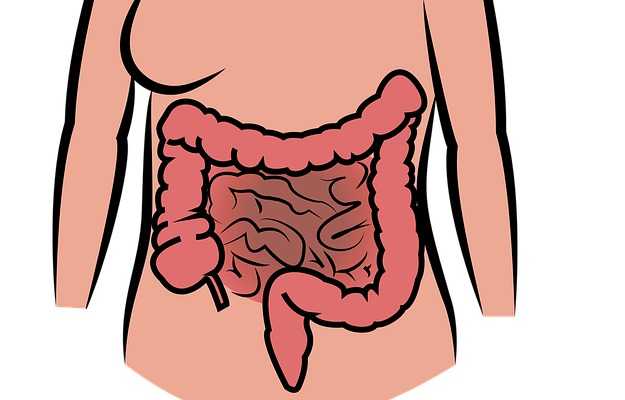Your doctor will take a detailed medical history by asking questions about your bowel movements and characteristics, signs and symptoms, previous medical and surgical history. They may also ask about any family history of conditions like celiac disease - an autoimmune condition in which the body has a reaction to gluten.
Malabsorption is suspected in a patient with chronic diarrhoea, weight loss, and anaemia. Many a time, just by taking the patient history, the doctor is able to roughly identify the syndrome. For example, if a patient has celiac disease and complains of diarrhoea, mouth ulcers and fatigue, it is possible that they might have malabsorption syndrome. Or if they have a distended abdomen, excessive flatus (farting), and watery diarrhoea occurring 30 minutes to 90 minutes after eating carbs, it could suggest impaired digestion of carbohydrates.
Troubled by obesity? Failed to lose weight? Now control weight easily by myUpchar Ayurveda Medarodha Weight Control Tablet. Get started today and take steps towards a healthy life.
Patient history is always accompanied by physical examination of the patient. A professional expert will check the abdomen for the severity of distention. An in-depth examination is done by running several tests in order to:
- Detect malabsorption, identify its underlying cause, and evaluate the types and severity of nutrient deficiencies
- Detect complications like anaemia
- Monitor the effectiveness of treatment in people with malabsorption syndrome
A single test does not give all the details, therefore, your health care provider might ask you to get more than one test done in order to get to the root cause. The basic tests for this include:
- Complete blood count (CBC) is done to detect the type of anaemia, and whether it is due to iron deficiency or vitamin B12 or folate deficiency
- Comprehensive metabolic panel (CMP) is done to evaluate proteins and organ function, including the liver, and detect electrolyte imbalances
- Prealbumin is a marker for protein malabsorption and indicates general nutritional status
- Erythrocyte sedimentation rate (ESR) helps detect inflammation in the body, which may be caused by inflammatory bowel disease among other medical reasons
- Fecal fat examination is done to detect decreased ability for fat digestion
- Stool culture is done to detect bacterial infection in the gut
- Clostridium difficile and Clostridium difficile toxin is done to detect bacterial overgrowth as it is one of the causes of persistent diarrhoea
- Ova and parasite examination (O and P) is done to detect parasites - one of the causes of persistent diarrhoea
- Stool white blood cells test is recommended for patients who have had severe diarrhoea for some days. It helps detect infection by bacteria such as Salmonella and Shigellosis and inflammatory bowel diseases like Crohn’s disease
- Gastrointestinal pathogens panel is performed on a stool sample. It simultaneously tests for virus, bacteria and parasites that are common causative agents of digestive tract infections and diarrhoea
On the basis of results of basic tests, the patient’s symptoms, and the healthcare practitioner's suspicions, a few more tests can be done. These tests are also recommended for follow-up patients:
- Fecal occult blood test is done to detect bleeding in the digestive tract
- Vitamin B12, A, D test is done to detect deficiency of the respective vitamins
- Prothrombin time test is done to check for vitamin K deficiency
- Celiac disease test is done to elicit celiac disease as an underlying condition for malabsorption syndrome
There are a few more tests which are not done routinely for malabsorption syndrome but can be useful sometimes. These include:
- Methylmalonic acid (MMA) test is done to detect vitamin B12 deficiency at an early stage
- Hydrogen breath test is done to elicit lactose intolerance and bacterial overgrowth in the digestive system (seen in case of carbohydrate malabsorption)
- Xylose absorption test helps to evaluate carbohydrate indigestion
- Biopsy of the intestine
Another set of non-laboratory tests are performed for an examination of the digestive tract, liver and pancreas:

 Doctors for Malabsorption Syndrome
Doctors for Malabsorption Syndrome  OTC Medicines for Malabsorption Syndrome
OTC Medicines for Malabsorption Syndrome













































